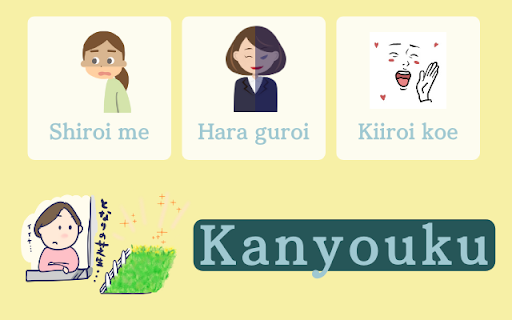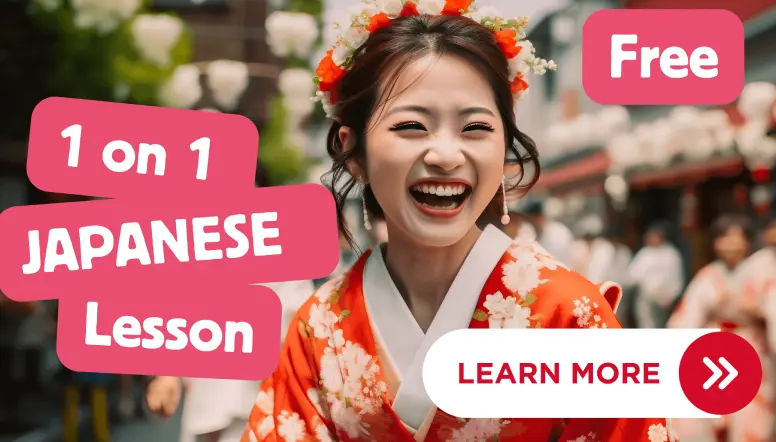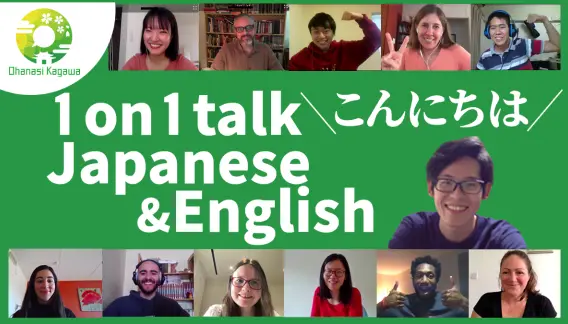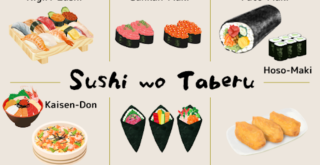
“Japanese is beautiful.”
“But it is difficult.”
When you are studying Japanese, you may face such challenges.
But you don’t have to worry about it.
You can improve your language skills by learning Japanese with a curious mind.
There are adjectives and adverbs in Japanese that express feelings or convey a state of feeling.
You can use onomatopoeia to convey your feelings more clearly.
Idioms may also be used to express yourself.
Idioms can be difficult to master without thinking in their native language.
But if you find the unique phrases interesting, you will be able to learn them.
If you understand the idioms used in daily life, you will be able to express yourself more effectively in Japanese.
Today, we will introduce some useful idioms using colors.
What are “かんようく” idioms?
Idioms are expressions that many Japanese are familiar with in their daily lives.
Japanese idioms have been used for a long time.
An idiom is a unique Japanese phrase made up of two or more words.
It expresses a special meaning different from the original meaning of the word.
A similar word is “proverb,” but an idiom does not contain a lesson or saying and is a short expression.
Idioms are used as metaphors for things.
There are many unique phrases in Japanese, such as idioms using the body and idioms using animals.
“かんようく”Idioms using colors
”Me no iro wo kaeru (目の色を変える)”
To change one’s eyes in response to anger, surprise, or other changes in emotion
Example: “Sukina mono wo miruto meno iro ga kawaru.”
“Iromegane de miru (色眼鏡で見る)”
To view people with preconceptions or prejudice.
To have a biased view of things.
Example: ”Shotaimen no hito wo iromegane de minaiyouni shiyou.”
“Makkana uso (真っ赤な嘘)”
An obvious lie.
An absolute lie.
An unmistakable lie.
Example: ”Sorewa jijitsudehanai. Makkana usoda.”
“Aka no tanin (赤の他人)”
A complete stranger.
An unrelated person.
A person who has no connection to you.
Example: “Anohito towa mattaku kankeiganai. Aka no taninda.”
“Shiroi me de mirareru (白い目で見られる)”
To be looked at coldly.
To be looked at with suspicion.
Example: “Densha no nakade oogoe de hanashitara, mawarikara shiroi me de mirareta.”
“Hakushi ni modosu” (白紙に戻す)”
To return to the original condition.
To put things back the way they were.
Example: “Jyoukenga awanai koto de kono torihiki wa hakushi ni modoshimasu.”
“Me wo shirokuro saseru (目を白黒させる)”
To be very surprised.
To get surprised and flustered.
Example: “Takarakuji ga attate me wo shirokuro saseta.”
“Haraguroi (腹黒い)”
People who plan things in their minds that are not good.
People who are mean.
People who plan to do bad things.
Example: “Ano hito wa haraguroi kara kage de nani wo itteruka wakaranai.”
“Kiiroi koe (黄色い声)”
The high-pitched cheers of women and children.
It’s also called “Kiroi seien.”
Example: “Aidoru no consert kaijyou wa kiiroi koe de ippaida.”
“Tonarino shiba wa aoi (隣りの芝生は青い)”
The feeling of seeing other people’s things better than your own.
The feeling of envying others.
Example: “Kochi no cake yori socchi no cake no hou ga oishisou ni mieruno wa, tonarino shiba ga aoku mirerudake.”
This idiom is based on an English phrase (The grass is always greener on the other side. ).
Let’s have a fun conversation using idioms at Ohanashi Kagawa!








